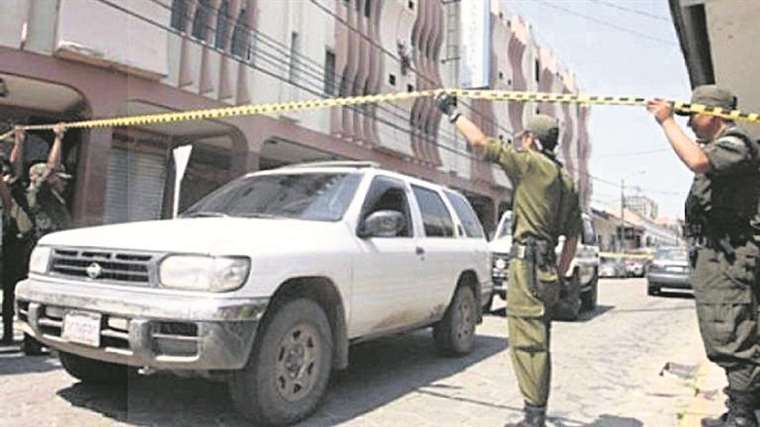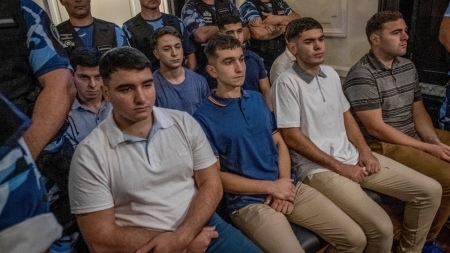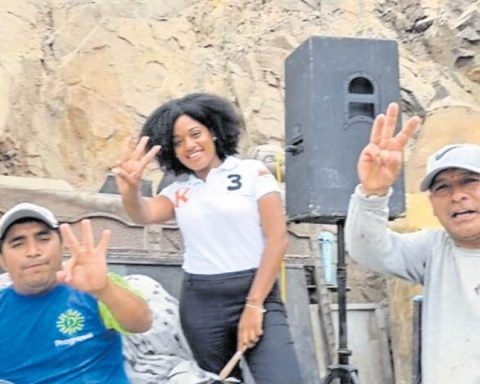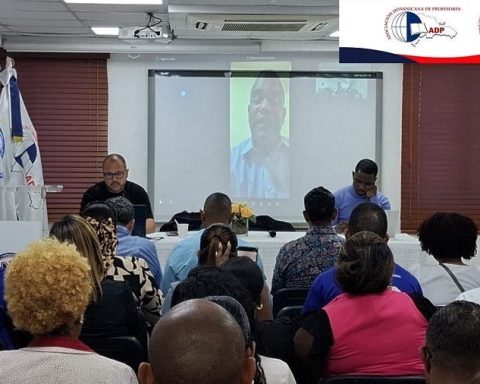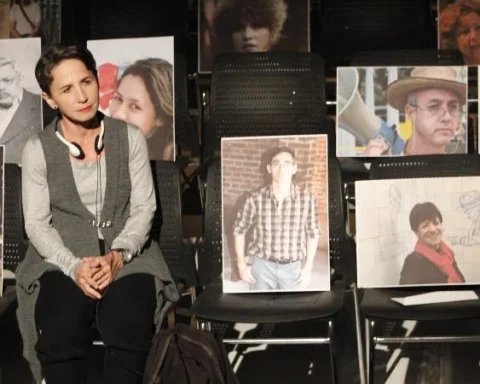January 11, 2023, 4:00 AM
January 11, 2023, 4:00 AM
The virtual meeting between the State Attorney General’s Office and five victims of the assault on the Las Américas hotel (2009) It was suspended yesterday and the new date is still unknown to address the recommendations of the Inter-American Commission on Human Rights (IACHR). Lawyer Gary Prado reported that the state institution announced the cancellation of the meeting after 2:30 p.m. It turned out that there was annoyance from the officials because one of the invitations was made public.
“The meeting did not take place. Elöd Tóásó, Mario Tadic, Juan Carlos Guedes, Alcides Mendoza, Caroline Dwyer, mother of Michael Dwyer, and defense attorney Gerardo Prado were summoned. It was to be installed at 2:00 p.m., but it had not been installed until 2:30 p.m. and then the Attorney General’s Office announced that it was not going to be carried out because the letter with which they summoned Guedes was made public and they got upset because in one part it talks about confidentiality”, said lawyer Gary Prado yesterday, in contact with EL DEBER.
He added that the rescheduling of the new meeting may be kept in reserve. However, Rubén Darío Cuéllar, director of the Human Rights Observatory Foundation (Fodh), said that there are objective facts that demonstrate the government’s lack of will to resolve this case, such as the date of the letter with a date close to being fulfilled the term established by the IACHR. He pointed out that in the conciliation process both parties must agree.
“I wouldn’t be surprised if the leak of this letter has had the same origin: the Government itselfas apparently happened with the merits report of the IACHR and it is speculated that it was the product of the war and friction within the government party,” he said.
Juan Carlos Guedes, a victim in the Rósza case, said that the meeting was canceled “for reasons of force majeure.” He assured that the official communication was not disseminated either, and he hopes to be summoned again because waited 13 years for justice in a case that “everyone knows that it was an abuse.”
He clarified that both he and the others affected guarantee the degree of confidentiality “of what should be confidential”.
Term extension
Gerardo Prado, lawyer for the victims of the case also called terrorism, said that the State must assume the four suggestions of the IACHR and report on their application.
“There are no deadlines, I don’t know where they got that from there (in Bolivia). The State must only comply with the recommendations, there is no longer possible negotiationthere does not have to be meetings, the conciliation stage has already expired, we are in another stage, ”warned the lawyer who filed the complaint and is the main reference in the case.
The recommendations contemplate that the State must adopt economic compensation measures and satisfaction; provide physical and mental health care measures for the victims; initiate a criminal investigation and adopt the necessary measures to prevent similar events from occurring in the future.
for the jurist there is no further negotiation and Guedes added that they will wait for new resolutions from the Attorney General’s Office until January 26, the new deadline for the Government to present a report to the IACHR.
“As it is written, the Bolivian State requested a deadline until January 26. We will see what other resolution they can issue or invite us to another meeting, always to the degree of respect for what is confidential between the Attorney General’s Office and us,” Guedes said.
There is no official communication from the Government. On January 6, the Minister of Justice, Iván Lima, reported on a deadline for the State Attorney General’s Office to prepare a report explaining the progress made in the IACHR’s recommendations.
That term expired on January 11.. For this reason, the defendants in the case were summoned virtually to a meeting that ultimately did not occur. The case could go to the Inter-American Court if there is non-compliance.
